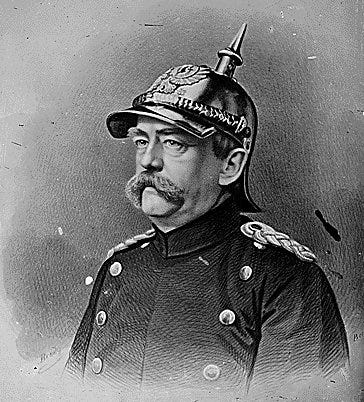The Sports Left on TV
We've Entered the Bad Times
We have reached that awful time of the year where there are no interesting sporting events. It’s summer. The sun is out. The temperate is high. The calendar is dense with holidays. But there is nothing to watch on TV. It’s enough to make a man nap.
Broadcasters will try and gaslight you. “Tune in to watch THE OLYMPICS,” says NBC. “Tune in to watch the EUROCUP,” says FOX. “Tune in to watch MAJOR LEAGUE BASEBALL,” beg the TV networks that paid way too much for the rights.
There are about a hundred and one reasons why baseball doesn’t televise well. The primary problem used to be its slow pace, but the pitch clock has helped in that regard, as far as I can observe from the handful of times I’ve sat on a barstool and repeatedly asked the bartenders if they’re sure nothing else is on.
Now the main problem is that there are just too many games in a season. An NFL team plays 16 games and an NBA or NHL team plays 82 games, but a Major League Baseball team plays a whooping 162 games a year. I’ll spell that out: one hundred and sixty two.
It is the only sport where you can say “don’t worry, guys, we’ll get ‘em tomorrow” and not be completely laughed out of the room. It lessens the impact and the stakes of the individual games, lessening the drama and impact as a piece of entertainment. But they can’t just pull back on the number of games; networks need the inventory.
There is a reason why single-elimination tournaments like the World Cup, NFL Playoffs, and March Madness rate so highly: because the matchups are one-night only and there are no second chances.
The Eurocup is kind of like the World Cup only it doesn’t have former colonies playing circles around their former colonizers. I suspect it is only televised on a national broadcaster in America because it includes England and the upper middle class thirty-and-forty-somethings driving soccer’s newfound popularity in the states were also overexposed to cultural exports like Harry Potter and Lord of the Rings and That Thing With the Lion Who Is a Metaphor for Jesus, and are still operating under the misapprehension that the United Kingdom is more sophisticated than the United States.
At any rate, soccer actually televises quite well. The rules are simple enough to grasp whether or not you understand all of the nuances. Stoppage Time, wherein the refs will add time onto the clock at the end of a game, is a bizarre, alien concept to American audiences, but one that makes sense in context. Most importantly, the rhythm of the game is such that it’s extremely difficult to interrupt with advertising, and scoring is rare enough that the buildup is tense and when a goal finally does happens it feels extremely meaningful.
As a tournament of national teams, the trouble as a disaffected American is finding someone to root for. England is a familiar candidate, but the fanbase is filled with annoying nostalgia hounds operating under the mistaken belief their country and team is a world power. France? Nah. One of the Scandinavian countries, maybe? No; they’re pretty bad at soccer. I have a goofy German last name but suspect I have genetically inherited my extremely Catholic and probably half-Polish ancestors’s resentment toward Bismark, a German ruler whose hatred for the Poles and the Pope blinded him such that he could not see that his hat was silly.
I have a similar problem trying to talk myself into the 2024 Olympics. American media tends to be biased toward America’s athletes, and I’m not particularly inclined to root for Team USA. It’s difficult to feel patriotic these days. I’ll probably find myself rooting against American athletes if I watch at all. It’s nothing personal. I’m sure most are good people who work very, very hard, but maybe only winning Bronze in canoeing might wake some people up to our status as a late-stage empire.
The bigger problem the Olympics has is that most of the games are individual sports. What makes team sports special to participate in and to follow as a spectator is the way they are casts of characters, collections of differing personalities, coming together to achieve a common purpose and goal. Even better when they are not the greatest athletes, but middleweights who scrape and claw their way to a championship. People talk about the 1992 US Basketball Team—the so-called “dream team”—but they remember the 1980 US Hockey Team and the miracle they pulled off.
The stories in individual sport is not as interesting. It is almost always the same. Such-and-such was really good at something when they were young, they worked really hard to get better at it with the best coaching, training, and nutrition that money could buy, and lo and behold now they’re the best at it.
Yawn. Snore. Honk-shoo-me-me-me-me. Wake me when another blind archer sets a world record.



